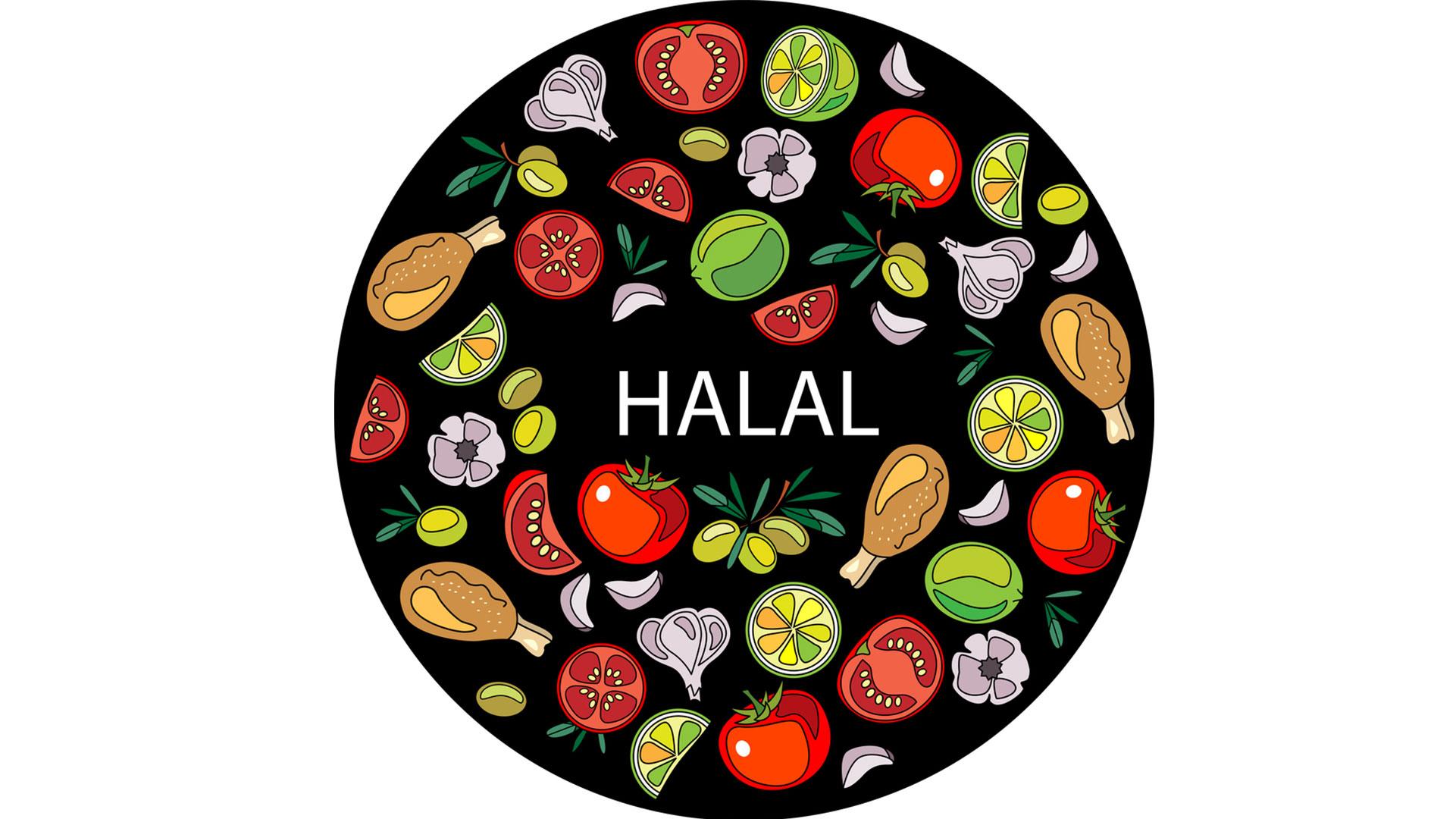 The Challenges of Halal Certification
The Challenges of Halal Certification
This topic can discuss some of the challenges faced by halal certification organizations, including issues with verification and standards, and how these challenges are being addressed.
Halal certification is an important aspect of ensuring that food and other products are in compliance with Islamic dietary laws, but the process is not without its challenges. In this blog post, we will discuss some of the general challenges faced by organizations and companies seeking halal certification for all their products.
- Verification and Standards: One of the main challenges of halal certification is ensuring that the standards and regulations are met and verified correctly. The process of halal certification is complex and requires a thorough understanding of the relevant standards and regulations, which can be difficult for organizations to navigate. This can lead to inconsistencies in certification and confusion for consumers and businesses.
- Lack of Harmonization: The lack of harmonization of standards and regulations between countries is another challenge of halal certification. Different countries have different rules and regulations regarding halal certification, making it difficult for organizations to ensure that their certifications are recognized and accepted globally. This can lead to confusion among consumers and businesses and make it challenging for organizations to expand their reach.
- Supply Chain Management: Managing the supply chain is another challenge of halal certification. It requires organizations to ensure that all the ingredients and components used in their products are halal-compliant, which can be a complex and time-consuming process. This can also lead to increased costs for organizations, as they need to carefully manage their supply chains to ensure that all their products are halal-compliant.
- Cost and Time: Halal certification can be a costly and time-consuming process, particularly for small and medium-sized enterprises. Organizations need to invest in resources and infrastructure to ensure that their products are halal-compliant, and the process of certification can take several months. This can be a significant burden for small organizations and make it challenging for them to compete in the halal market.
- Lack of Awareness: Another challenge of halal certification is the lack of awareness among consumers and businesses about the importance of halal certification. Many people do not understand the significance of halal certification and what it means for the products they purchase, making it difficult for organizations to promote their halal-certified products and reach new customers.
In conclusion, halal certification is an important aspect of ensuring that products are in compliance with Islamic dietary laws, but the process is not without its challenges. Organizations need to be prepared to navigate these challenges to ensure that their products are halal-compliant and can be marketed to the growing demand for halal-certified products. By addressing these challenges and investing in the process of halal certification, organizations can tap into the growing demand for halal products and services and expand their reach to new customers.